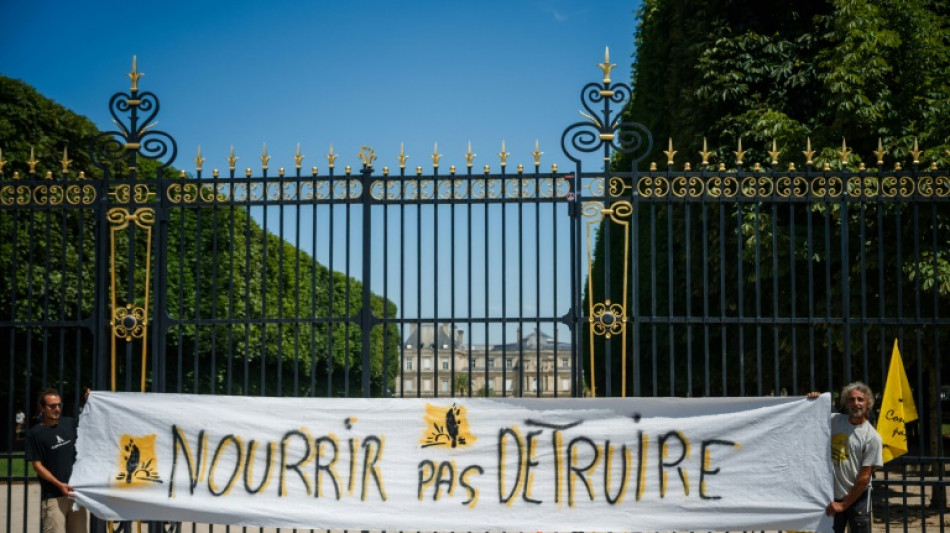

France adopts law upholding ban on controversial insecticide
French President Emmanuel Macron signed into law a modified bill that bars a bee-killing pesticide from being reintroduced after a petition signed by more than two million people.
The legislation has been at the heart of a major debate in France and sparked a student-initiated petition that was wildly successful.
Critics of the bill, adopted in July in a fractured lower house of parliament, say it was rushed through without proper debate.
The law was published in the government's official journal on Tuesday after the Constitutional Council, the country's highest court, struck down the contested provision about the reintroduction of acetamiprid.
The court said that the insecticides known as neonicotinoids posed "risks to human health" and was unconstitutional as it undermined the right to live in a balanced and healthy environment as guaranteed in the country's environmental charter.
Banned in France since 2018, acetamiprid is legal in the European Union and proponents say French farmers need it to help them compete with their European counterparts.
The main farmers' union has railed against the court ruling.
Supporters of the petition said their frustration with the legislation went beyond environmental concerns.
Commentators have said it may be a sign of exasperation with deadlock in a hung parliament and a desire to have a greater say in political matters.
After the ruling, Macron had said he intended to quickly enact the law and rejected further parliamentary debate.
The controversial legislation has been dubbed the Duplomb law, after its author, Laurent Duplomb, a senator for the right-wing Republicans party.
French Health Minister Yannick Neuder has called for a European reassessment of the impact of acetamiprid on human health.
B.Johnson--VC







